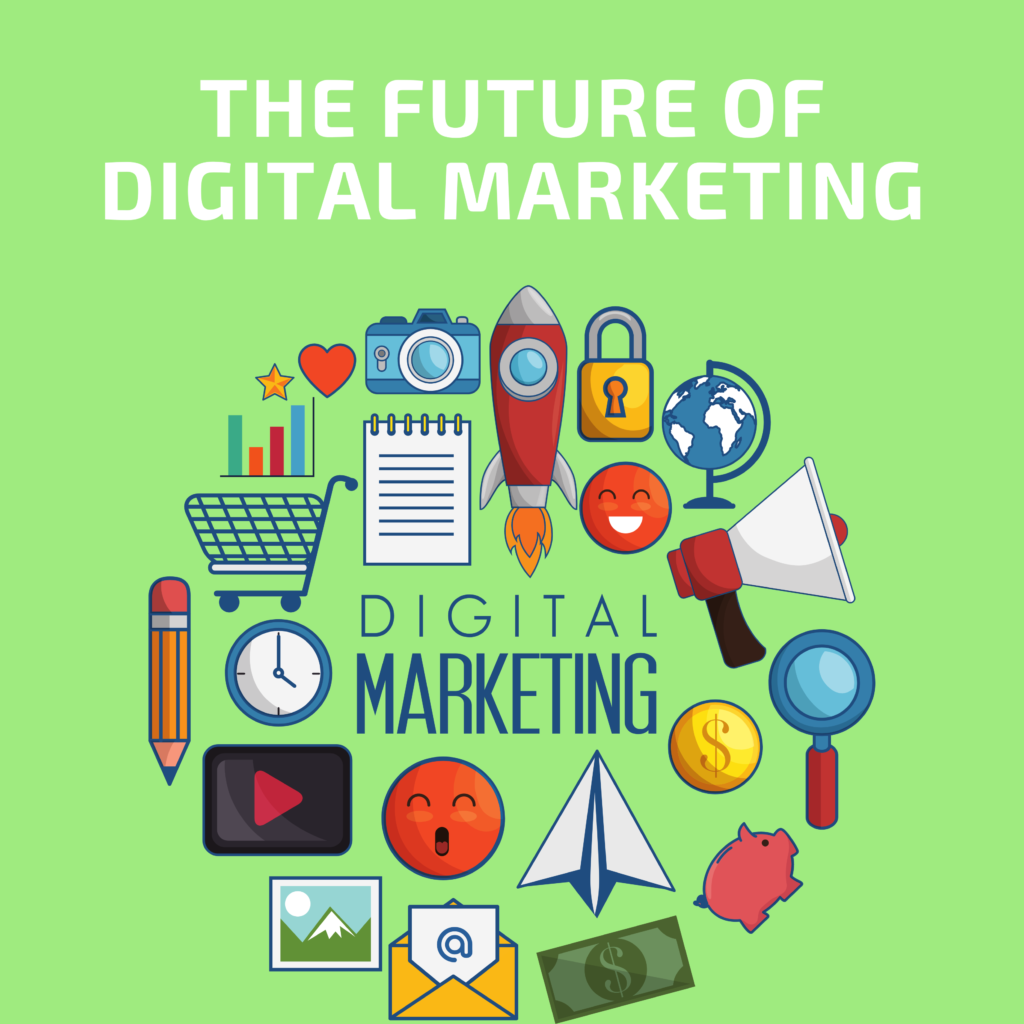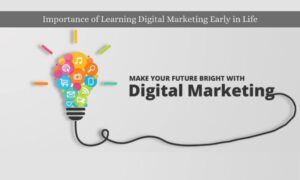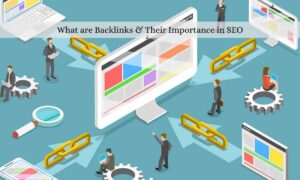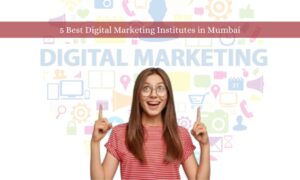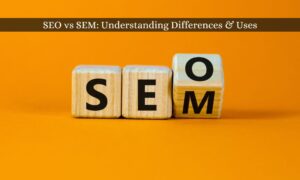Introduction:-
In the constantly evolving digital marketing world, staying ahead of the competition is essential for organizations to remain competitive and relevant. The future of digital marketing presents both exciting potential and problems as technology advances and consumer behaviour shifts. In this blog, we will look at a few developing technologies and techniques that are influencing the future of digital marketing, as well as how organizations may use them to stay ahead of the competition. Let us look at some major trends that are likely to impact the future of digital marketing.
1. Artificial Intelligence (AI) and Machine Learning:
Artificial intelligence and machine learning are transforming digital marketing by allowing firms to analyse huge amounts of data, automate operations, and deliver personalised experiences at scale. AI-powered solutions may analyze customer behaviour, forecast trends, and optimize marketing campaigns in real-time. From chatbots and virtual assistants to predictive analytics and content optimization, AI has the potential to change every area of digital marketing.
AI and Machine Learning will have a significant impact on digital marketing soon. Marketers will rely on AI to do advanced data analysis, forecasting, and content optimization. AI-powered advertising systems will enable more accurate targeting and improved ad effectiveness, eventually increasing ROI for companies.

2. Voice Search Optimization:
Voice search is becoming more common as voice-activated devices such as smart speakers and virtual assistants are gaining popularity. Businesses must improve their digital presence for voice searches to be visible to voice-enabled devices. This includes optimizing content for natural language queries, utilizing long-tail keywords, and providing brief, useful responses to typical questions.
A significant number of voice queries are location-based. Businesses can benefit from this trend by optimizing their content for local search queries. This includes developing content that targets local needs, utilizing location-specific keywords, and ensuring that business information is correct across all online platforms.
3. Augmented Reality (AR) and Virtual Reality (VR):
Augmented and virtual reality are eroding the gap between the actual and digital worlds, providing immersive experiences that engage and attract viewers. Marketers can use AR and VR technology to create interactive product demos, virtual tours, and branded experiences that will leave a lasting impression on customers. These immersive experiences may boost engagement, raise brand awareness, and set organizations apart from their competitors.
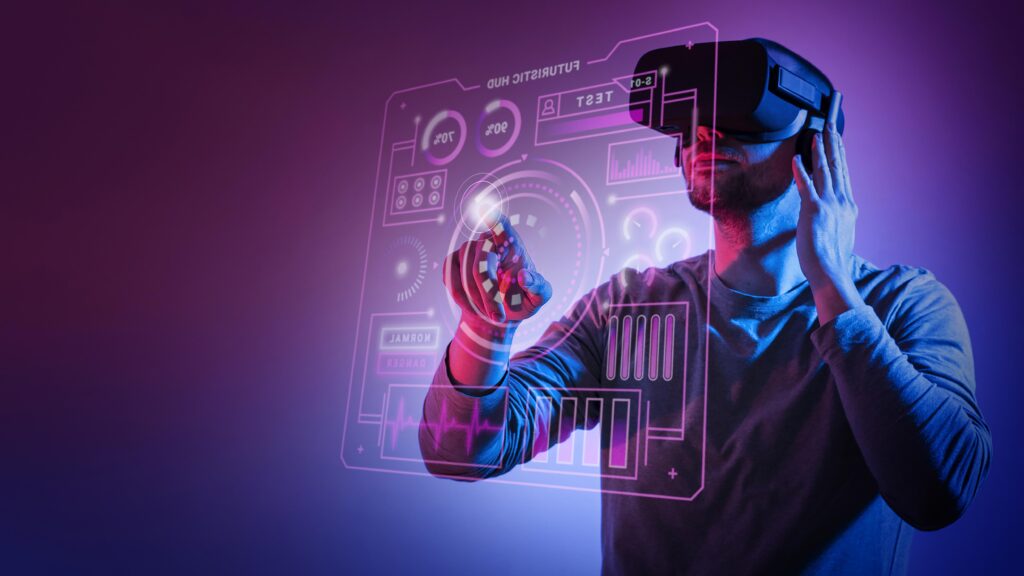
4. Personalization and Hyper-Targeting:
In this age of information overload, tailored marketing is more essential than ever. Consumers want tailored services based on their tastes and interests. Businesses can use data analytics and AI-driven insights to deliver highly targeted and relevant content to individual customers across multiple platforms. Hyper-targeted marketing techniques, such as tailored product recommendations and dynamic email campaigns, can increase engagement and conversion rates.
5. User-Generated Content and Influencer Marketing:
User-generated content (UGC) and influencer marketing remain successful strategies to build trust and authenticity with customers. Businesses can encourage customers to create and share content about their brand, products, or services, increasing their reach and engagement. Similarly, engaging with influencers who share their brand values can help businesses reach new audiences and build meaningful connections with customers.
Influencers must make it easier for consumers to make decisions while also introducing new technologies and trends. They build trust, honesty, and openness, allowing a business to grow. Influencer marketing will continue to prosper in the digital marketing world, as trust and authenticity become ever more essential.
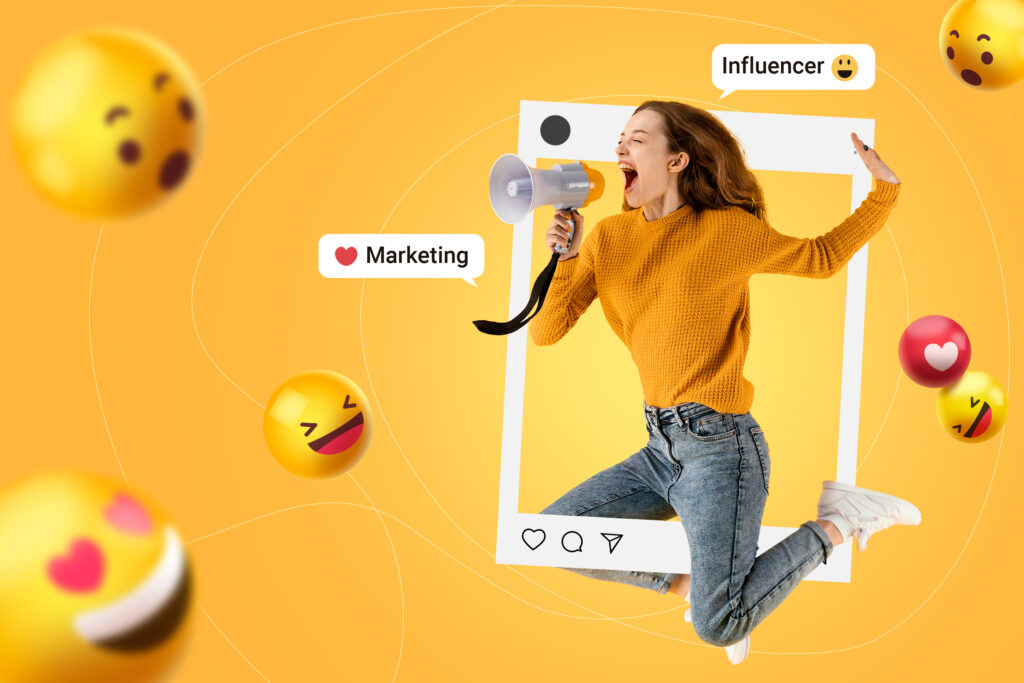
6. Privacy and Data Security:
As worries about data privacy and security grow, organizations must prioritize transparency and trustworthiness in their digital marketing strategies. GDPR compliance, cookie consent methods, and transparent data-collecting practices are becoming industry standards for digital organizations. Businesses can gain the trust and credibility of their target audience by respecting their privacy rights and protecting their data.
7. Sustainability and Ethical Marketing:
Consumers are increasingly demanding businesses take into consideration their environmental and social impact. Sustainability and ethical marketing are no longer optional; they are essential for businesses seeking to earn the trust and loyalty of aware consumers. Businesses that match their brand values with sustainable practices and ethical principles can distinguish themselves in the marketplace and attract socially responsible customers.
Digital marketing techniques will include messages about sustainability and social responsibility. Storytelling becomes an effective tool for brands to communicate their dedication to these principles. Consumers are more likely to support businesses that share their values, and digital marketing will reflect this by promoting responsible ethical activities.
8. Interactive Content Experiences:
Quizzes, polls, surveys, and calculators are growing in popularity because they provide rich experiences that actively engage consumers. Businesses can use interactive content to attract attention, gain useful data, and foster meaningful connections with their target audience.
9. Social Commerce:
Social media platforms are more than just venues to socialize; they have also grown commercially essential. Social commerce, or the integration of purchases into social media platforms, is on the rise. Instagram and Facebook have implemented features that enable users to buy things right from their feeds, and this trend will likely spread to other platforms.
In the future, social marketing will further erase the distinction between social media and e-commerce. Companies that effectively utilize this trend will be able to access more engaged consumers directly on social media platforms. Influencer sharing, live broadcasting, and social advertising will be essential components of any effective social marketing plan.

10. Emotional Intelligence in Marketing
Emotions have an important impact on consumer decision-making processes. Businesses can use emotional intelligence in their marketing strategies by connecting to their customers’ emotions, values, and goals. Businesses may build stronger connections with their audiences and increase brand loyalty by providing emotionally engaging content that brings about empathy, joy, or excitement.
Conclusion:-
In conclusion, the future of digital marketing is full of limitless possibilities, driven by emerging technologies and shifting consumer expectations. Businesses that adopt innovation, personalization, and ethical standards can stay ahead of the curve and survive in an increasingly competitive digital market. Businesses may position themselves for success in the fast-paced world of digital marketing by remaining informed, reacting to change, and focusing on providing value to their audience.
You may also like the best digital marketing institute in Mumbai.
If you are curious to learn about organic farming, then Sap Agro is the perfect destination

